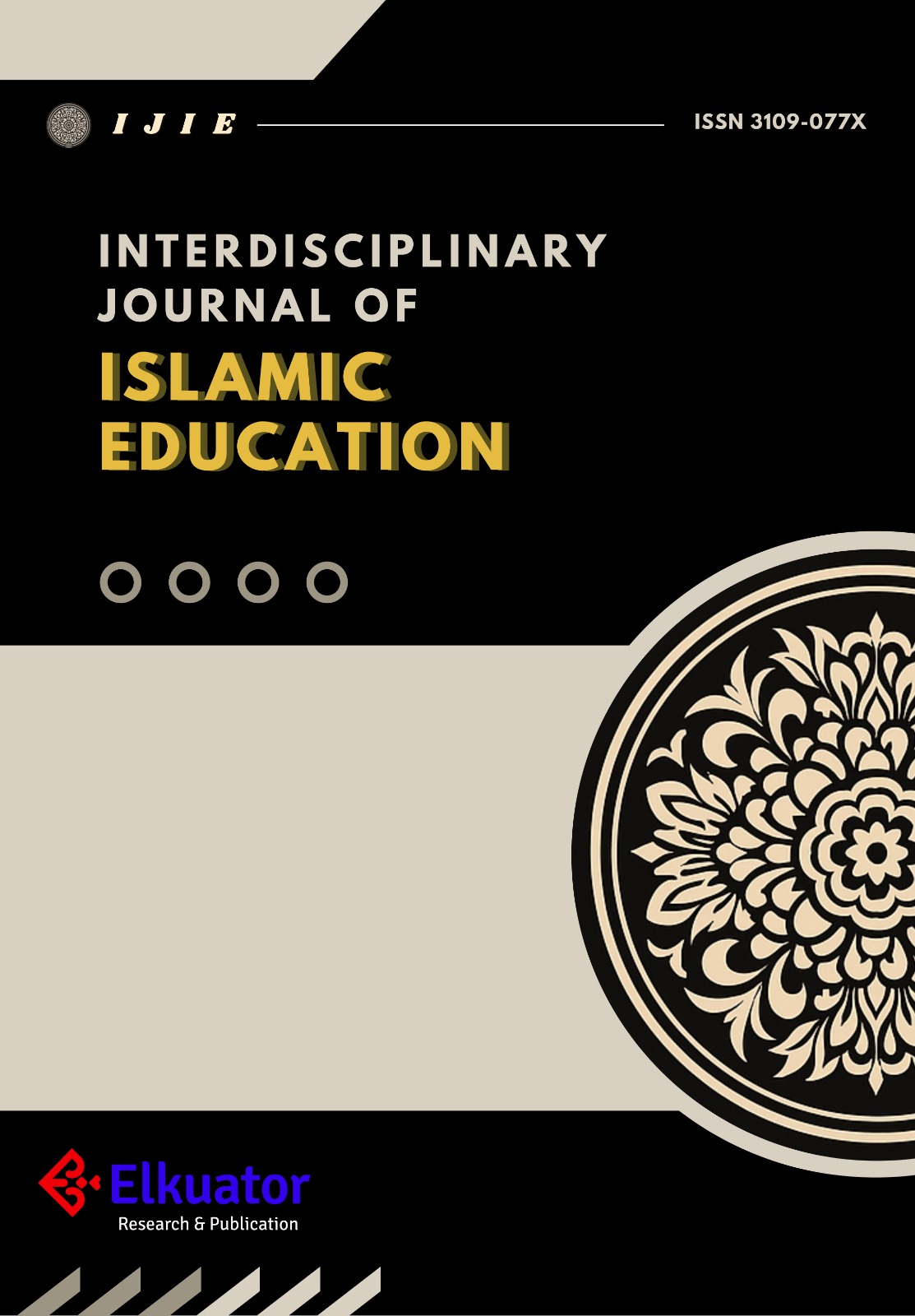PUBLICATION ETHICS AND RESPONSIBILITIES
Publication Ethics and Responsibilities in the Journal of Religion and Decoloniality (JRD)
The publication of scholarly articles in peer-reviewed journals such as the Journal of Religion and Decoloniality (JRD) is fundamental to the development of a credible and cohesive academic knowledge network. Such publications reflect the integrity and quality of both the authors and their supporting institutions. Peer-reviewed articles uphold the principles of the scientific method. Therefore, it is essential to establish and maintain high ethical standards for all parties involved in the publication process—authors, editors, reviewers, publishers, the international advisory editorial boards, and the wider academic community.
As the official publisher of JRD, Elkuator Research and Publication takes its role in safeguarding the integrity of the publishing process seriously and acknowledges its ethical obligations. We are fully committed to ensuring that commercial interests, including advertising and reprint services, do not influence editorial decisions in any way.
By submitting a manuscript to JRD, authors affirm that the work is original, has not been previously published (in whole or in part, in any language), and is not under consideration elsewhere. All stakeholders in the editorial process are dedicated to upholding the highest standards of publication ethics in line with the COPE Code of Conduct for Journal Editors, available at http://publicationethics.org/resources/guidelines.
Editorial Responsibilities
- Publication Decisions: The editor of JRD is responsible for determining which manuscripts are suitable for publication. Decisions are based on scholarly merit, originality, and relevance to the journal’s scope. Editors must adhere to editorial policies and legal requirements concerning libel, copyright, and plagiarism. When necessary, editors may consult with reviewers, members of the editorial board or the international advisory editorial board.
- International Advisory Editorial Board: The international advisory board serves as a consultative body that provides expert guidance and strategic advice on the journal's editorial policies and direction. Members are selected for their expertise and international standing in relevant academic fields. They contribute to maintaining high ethical standards, ensuring global diversity and inclusion in the review process, and supporting the journal's commitment to transparency and integrity. While they do not manage day-to-day editorial decisions, their insights help shape the journal's long-term academic quality and reputation.
- Fair Review Process: Manuscripts are evaluated solely on their academic content, without regard to the authors’ race, gender, sexual orientation, religious beliefs, ethnic origin, citizenship, or political views.
- Confidentiality: Editors, editorial staff, and members of the international advisory editorial board must maintain strict confidentiality regarding submitted manuscripts. Information should only be shared with individuals directly involved in the publication process.
- Disclosure and Conflicts of Interest: Editors and international advisory editorial board must not use unpublished information from submitted manuscripts for their own research without the author’s written consent. They must also recuse themselves from handling submissions where conflicts of interest exist.
Reviewer Responsibilities
- Contribution to Editorial Decisions: Peer reviewers provide essential feedback to help editors make informed decisions and assist authors in improving their work through constructive criticism.
- Timeliness: Reviewers who feel unqualified to review a manuscript or unable to complete the review on time should promptly inform the editor and decline the review.
- Confidentiality: Manuscripts received for review must be treated as confidential documents and should not be shared or discussed with others without explicit authorization from the editor.
- Objectivity: Reviews should be objective, focused on scholarly merit, and free of personal criticism. Opinions should be clearly expressed and supported with appropriate reasoning.
- Acknowledgment of Sources: Reviewers should identify relevant prior work not cited by the authors and alert editors to any substantial similarity between the manuscript under review and other published materials.
- Conflicts of Interest: Reviewers must avoid evaluating manuscripts in which they have conflicts of interest arising from competitive, collaborative, or personal relationships with the authors or affiliated institutions.
Author Responsibilities
- Accuracy and Integrity: Authors are expected to present their research accurately and transparently. Data must be reported honestly, and sufficient detail must be provided to allow replication.
- Originality and Plagiarism: Authors must ensure their manuscripts are original and appropriately cite all sources and ideas drawn from others. Plagiarism in any form is unethical and unacceptable.
- Multiple Submissions: Authors should not submit the same manuscript to more than one journal simultaneously, nor submit work that has already been published elsewhere.
- Acknowledgment of Sources: Proper credit must be given to all sources that have significantly influenced the research. All citations must be accurate and properly referenced.
- Authorship: Authorship should reflect substantial contributions to the conception, design, execution, or interpretation of the study. The corresponding author must ensure that all co-authors approve the final manuscript and agree to its submission.
- Conflict of Interest Disclosure: Authors must disclose any potential conflicts of interest that could affect the interpretation of their research. All sources of financial or material support must be acknowledged.
- Correction of Errors: If a significant error or inaccuracy is discovered after publication, authors are obligated to notify the journal and cooperate with the editor in issuing a correction or retraction.








